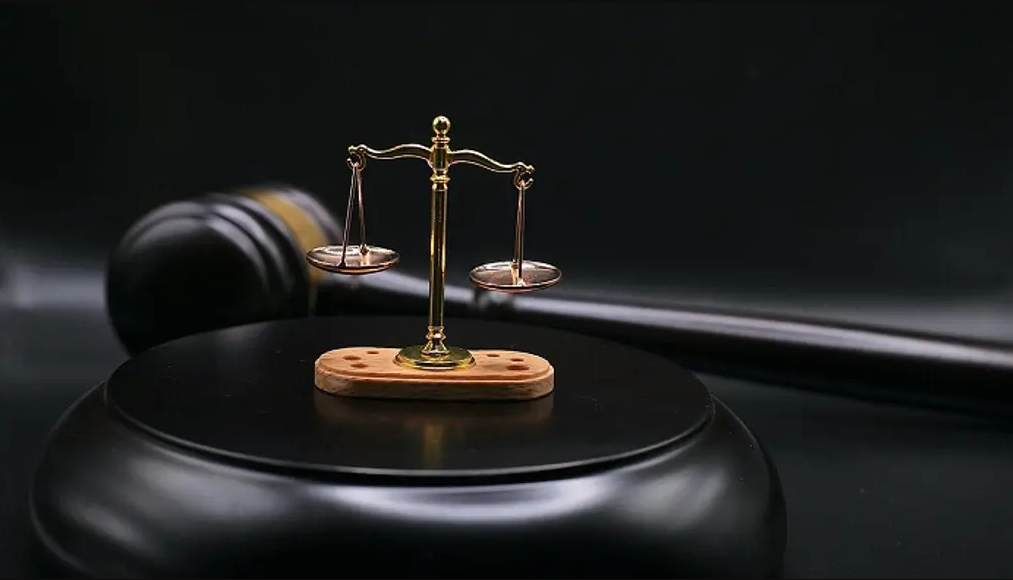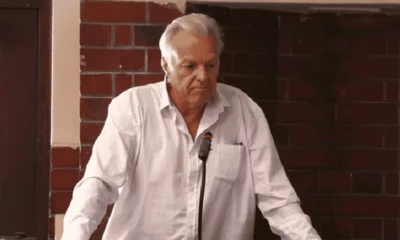411
Law Firm Challenges South Africa’s Mediation Directive in Constitutional Court

A major legal battle is brewing over the future of court access in South Africa. Gert Nel Incorporated Attorneys has filed a Constitutional Court application to challenge a newly implemented directive that makes mediation compulsory before litigation in the Gauteng High Court.
The directive, signed by Judge President Dunstan Mlambo and effective from 22 April 2025, aims to reduce the court’s growing backlog — where trial appointments are reportedly delayed by up to six years. The judiciary argues that most cases settle on the first day of trial without judicial input, making mediation a practical and time-saving solution.
However, not everyone agrees.
Gert Nel, the firm’s founder, says the directive amounts to unconstitutional judicial overreach. His argument? That judges are meant to interpret law, not create it. In the court application, he warned of an “imminent erosion of litigants’ rights” and said the directive violates the principle of separation of powers.
“Judges interpret the law, they must not legislate from the bench,” Nel stated. “This is not a mere formality but a vital safeguard against the concentration of power in a single branch and the erosion of democracy.”
At the heart of the dispute is section 34 of the Constitution, which protects South Africans’ right to have legal disputes resolved by a court. Opponents of the directive argue that mandatory mediation effectively delays or denies that right — especially since trial dates are no longer issued unless a mediator’s report is submitted.
The directive has already triggered concerns among legal practitioners. Some claim that cases already scheduled for after 1 January 2027 are being removed from the court roll, effectively cancelling years of preparation.
In response, the Gauteng division of the High Court has defended the move, saying it does not revoke anyone’s right to be heard. Instead, it encourages a more efficient use of court resources.
“As things stand, our Civil Court roll is inundated with matters that can be resolved without the intervention of a judge,” Judge President Mlambo said in a statement. “More than 85% of trial matters settle on the trial date without judicial involvement.”
Still, for critics like Gert Nel, that’s not enough to justify what they see as a top-down imposition that bypasses proper legal process.
The Constitutional Court is now tasked with deciding whether the judiciary has crossed a line — and whether the quest for efficiency has come at the cost of justice.
{Source: ALB}
Follow Joburg ETC on Facebook, Twitter , TikTok and Instagram
For more News in Johannesburg, visit joburgetc.com



























